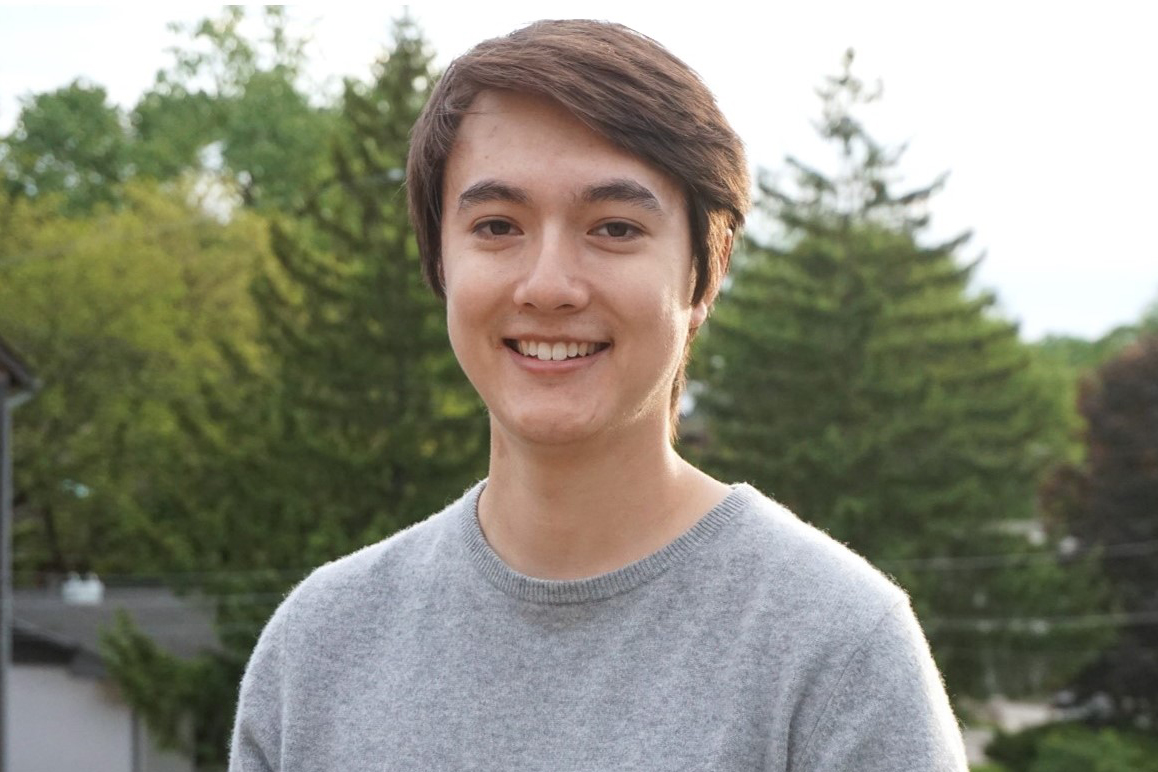Trevor Odelberg receives NDSEG Fellowship to help run the world with low power batteryless circuits
PhD student Trevor Odelberg’s low power circuits help us make sense of our environment while reducing battery waste.

 Enlarge
Enlarge
PhD student Trevor Odelberg received a National Defense Science and Engineering Graduate Fellowship for his research on low power circuits and devices. Low power circuits can be combined with energy harvesting systems, reducing the need for battery replacements or batteries altogether, which is important to enable new applications in the areas of big data and The Internet of Things.
“It’s just physically impossible to replace trillions of batteries, not to mention all the toxic waste that would be produced from having to do that,” Odelberg says.
Reducing the need for batteries is particularly beneficial for a variety of sensing applications. Low-power devices can be used to detect and track movement or map the layout of a building, helping keep people safe in dangerous scenarios. In medical scenarios, they can power biomedical implants designed to evaluate drug effectiveness and monitor vital signs. They can also be used in environmental sensors that monitor pollution or track animal migration.
“I specifically work on how to send and receive that data wirelessly with very low power, because that’s the bottleneck,” Odelberg says.
Odelberg first designs the circuit and then fabricates it through the Lurie Nanofabrication Facility or another commercial fabrication facility. After fabrication, Odelberg tests the circuit and uses the information to improve the design. Currently, Odelberg is in a design phase, so the quarantine and lab shutdown did not significantly interrupt his work.
“Our projects are generally on the timeline of years, so a couple months of disruption, at least for our group, wasn’t too bad,” Odelberg says. “Honestly, the biggest talking point in my group calls is how long my hair’s getting.”
Odelberg earned his bachelor’s degree in Electrical Engineering from Purdue University. He worked at MIT’s Lincoln Laboratory before coming to Michigan. He works in the Michigan Integrated Circuits Laboratory, and his advisor is Prof. David Wentlzoff.
 MENU
MENU 
